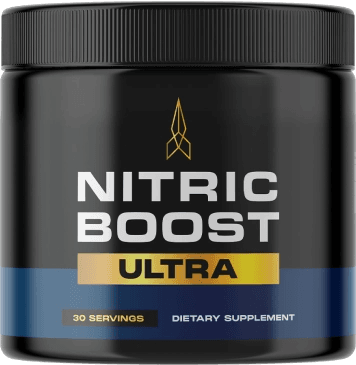Most people focus heavily on workouts—lifting heavier, running faster, sweating more. But true progress happens during recovery. Rest is when your body repairs, rebuilds, and gets stronger.
If you’re skipping sleep, pushing through soreness, or avoiding rest days, you might be holding yourself back—or worse, heading toward burnout or injury.
This article dives into the essential role of recovery in fitness and how to optimize it for better results.
🧬 Why Recovery Is So Important
Recovery is the period where your body:
- Repairs muscle tissue
- Replenishes energy stores
- Regulates hormones
- Processes inflammation
- Prevents injuries and fatigue
Without proper recovery, you can experience:
- Plateaus in performance
- Increased soreness
- Poor sleep
- Weakened immunity
- Decreased motivation
😴 Sleep: The #1 Recovery Tool
Sleep is the foundation of recovery—and often the most neglected.
Benefits of 7–9 hours of quality sleep:
- Boosts muscle recovery and growth
- Balances hormones (including cortisol and testosterone)
- Enhances mental focus and coordination
- Improves mood and stress resilience
Tip: Sleep in a cool, dark room, avoid screens 30–60 minutes before bed, and keep a consistent bedtime—even on weekends.
📆 Rest Days: When to Take Them and Why
You don’t get weaker on rest days—you get stronger. Muscles need 24–72 hours to recover after intense workouts.
Signs You Need a Rest Day:
- Persistent muscle soreness
- Lack of motivation
- Trouble sleeping
- Elevated resting heart rate
- Mood swings or irritability
Active Rest Ideas:
- Walking
- Gentle yoga or stretching
- Light swimming or cycling
- Foam rolling
🧊 Other Recovery Techniques
1. Hydration
- Dehydration slows down nutrient transport and muscle repair.
- Aim for 2–3 liters/day, more if you’re sweating a lot.
2. Nutrition
- Eat protein after workouts (20–30g) to aid muscle repair.
- Include healthy carbs and fats to replenish energy and support hormones.
3. Foam Rolling & Massage
- Improves blood flow
- Reduces soreness
- Aids mobility
4. Cold or Contrast Therapy
- Ice baths, cold showers, or alternating hot/cold can reduce inflammation and boost circulation.
🧘 Mental Recovery Matters Too
Training is also a mental stressor. High stress levels from work, relationships, or lack of downtime can affect performance.
- Practice mindfulness, journaling, or meditation
- Take tech-free breaks
- Prioritize hobbies and social time
✅ Final Thoughts
Recovery isn’t a luxury—it’s a core component of a successful fitness journey. Without it, you limit your gains and increase the risk of burnout. By honoring rest, improving your sleep, and staying mindful of your body’s signals, you’ll feel stronger, perform better, and enjoy the process more.




